Chinese startup Space Pioneer's Tianlong-2 rocket successfully launched for the first time in April using coal-based aviation kerosene as fuel.
Tianlong-2 rocket launch on April 2. Video: Space
Space Pioneer’s new fuel performs as well as petroleum-based aviation kerosene. Some space experts say it provides safe and efficient power for China’s fuel-hungry aerospace industry, SCMP reported on May 25.
Rocket engines require high-grade fuel, and traditional rocket kerosene can only be refined from high-quality crude oil through a complex extraction process. Supplying such fuel has always been a challenge as China has limited oil reserves and generally poor quality oil fields.
The first rocket launch powered by coal-based aviation kerosene was considered a landmark achievement in the aerospace industry.
"The success of the new research will help expand the fuel supply for China's aerospace industry, ensure national energy security and lay a solid foundation for launching new-generation carrier rockets," said China Space News , a newspaper under the China Aerospace Science and Technology Corporation (CASC).
Coal-based aviation kerosene was jointly developed by several Chinese state-owned companies, including CASC's No. 165 Research Institute, China Energy Engineering Group's Liquid Coal Chemical Company, and Ningxia Coal Industry Group.
After years of testing, the team discovered that aviation kerosene produced from coal liquefaction has similar properties to that produced from petroleum. The discovery offers a promising aerospace energy solution as China has abundant coal resources and coal-to-liquid conversion technology is maturing.
"After years of unremitting efforts, the institute has successfully developed coal-based aviation kerosene, establishing a production line with an annual output of 5,000 tons (estimated to supply more than 30 flights). By 2025, the annual output is expected to increase to about 30,000 tons," said Fu Quanjun, deputy director of the No. 165 Research Institute.
On April 2, after more than 300 engine tests and a test time of more than 60,000 seconds, the Tianlong-2 rocket successfully launched with the new fuel. The YF-102 liquid fuel engine on the Tianlong-2 was developed by the 6th Institute of Aerospace Science and Technology, and is the standard engine for China's new generation of launch vehicles. The Long March 5, 6 and 7 rockets all use engines from this series, which means they can also use coal-based aerospace kerosene as fuel.
Thu Thao (According to SCMP )
Source link


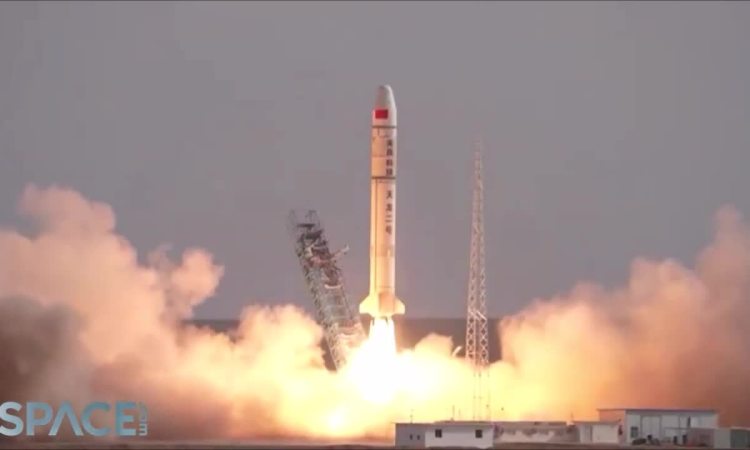






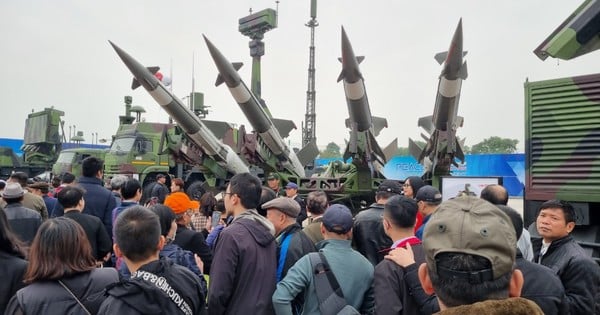

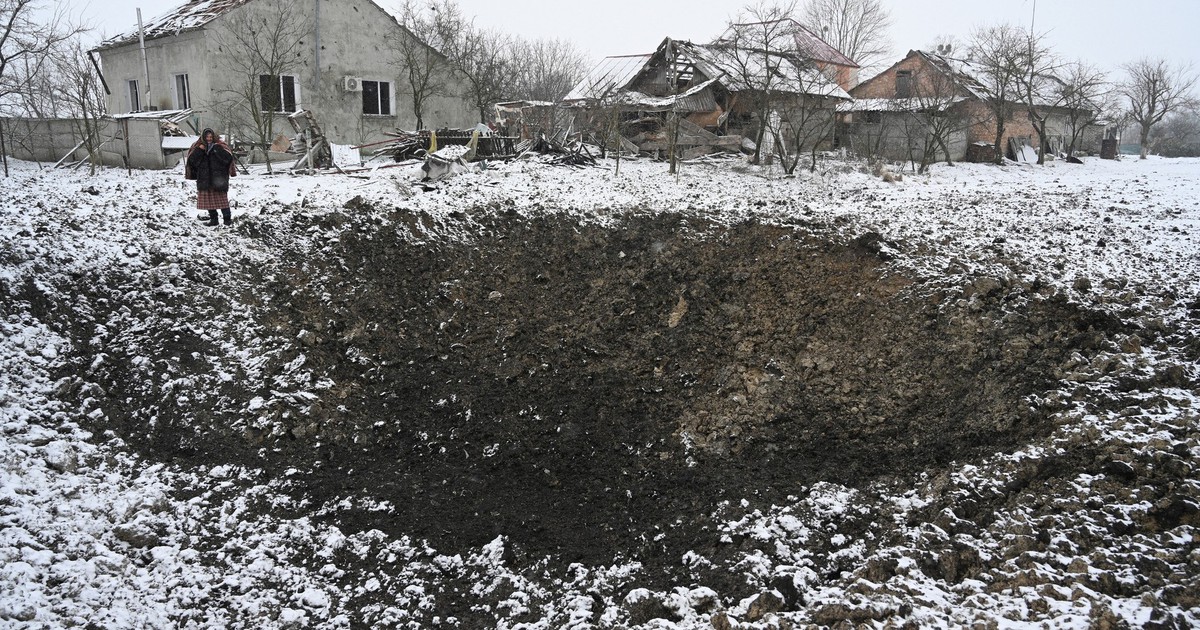

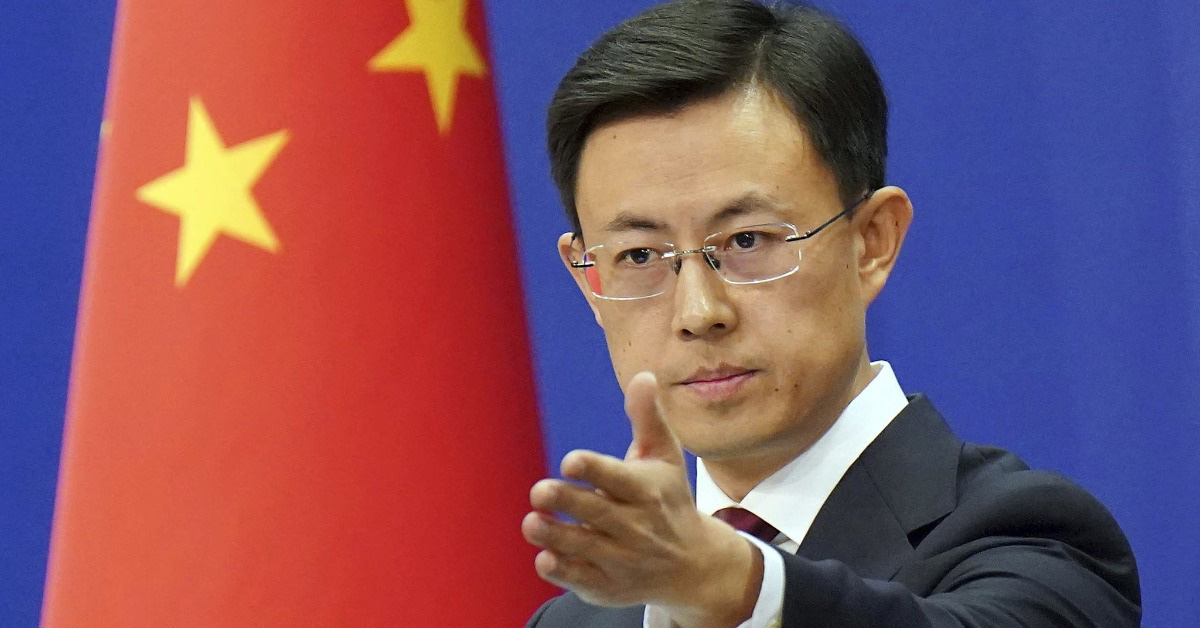

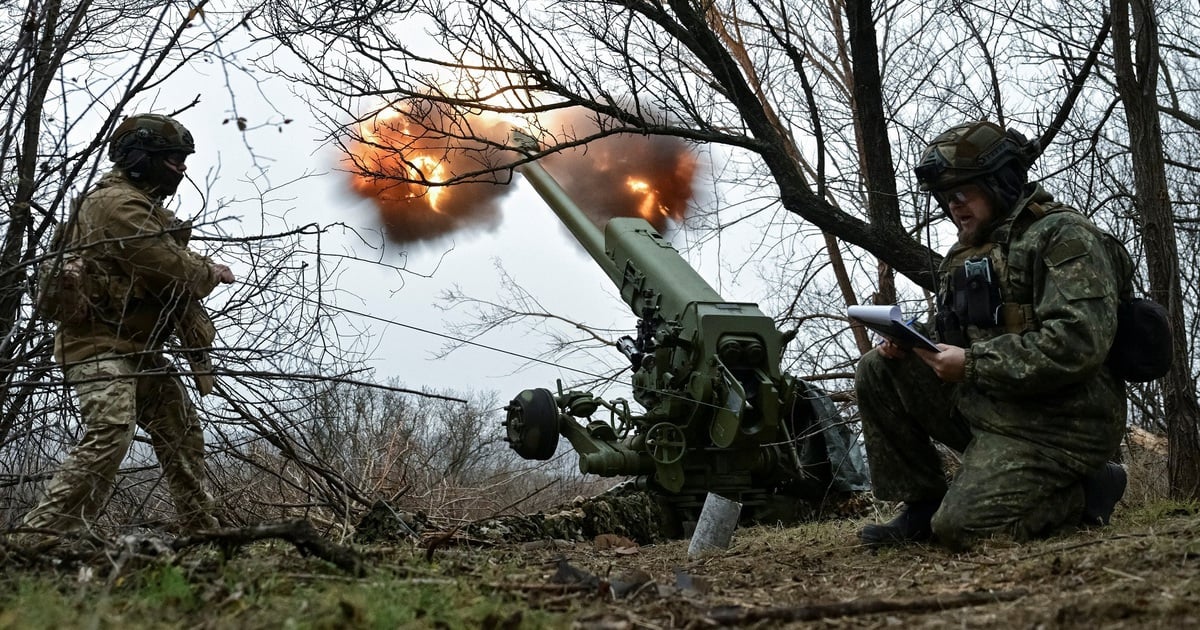
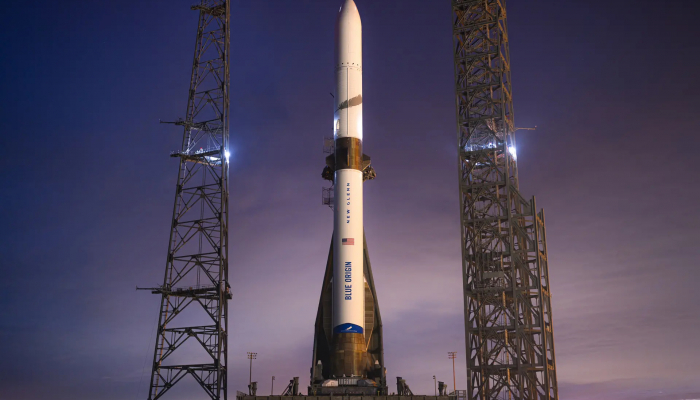


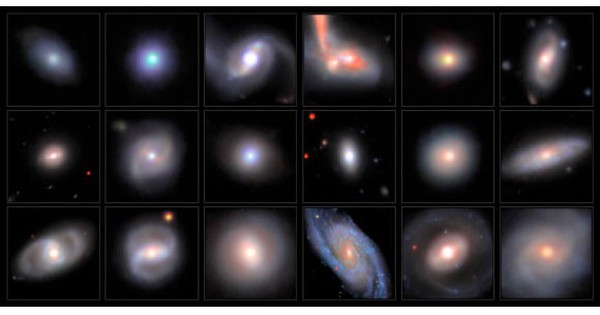

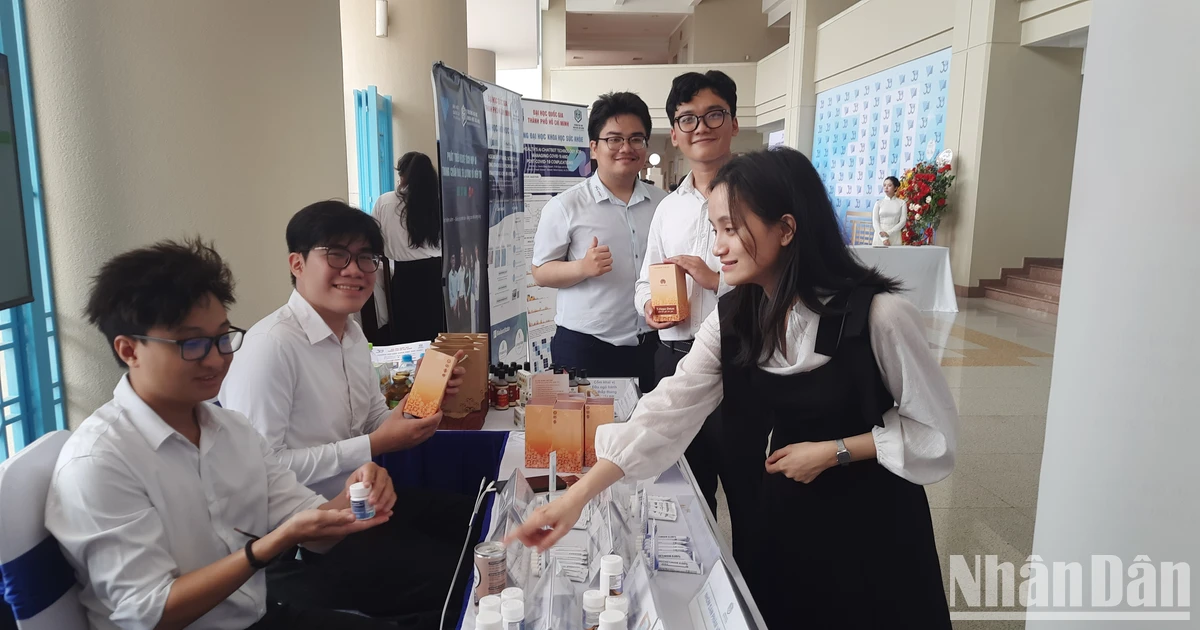


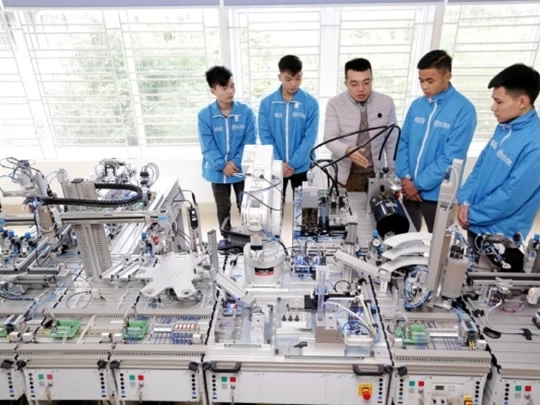

















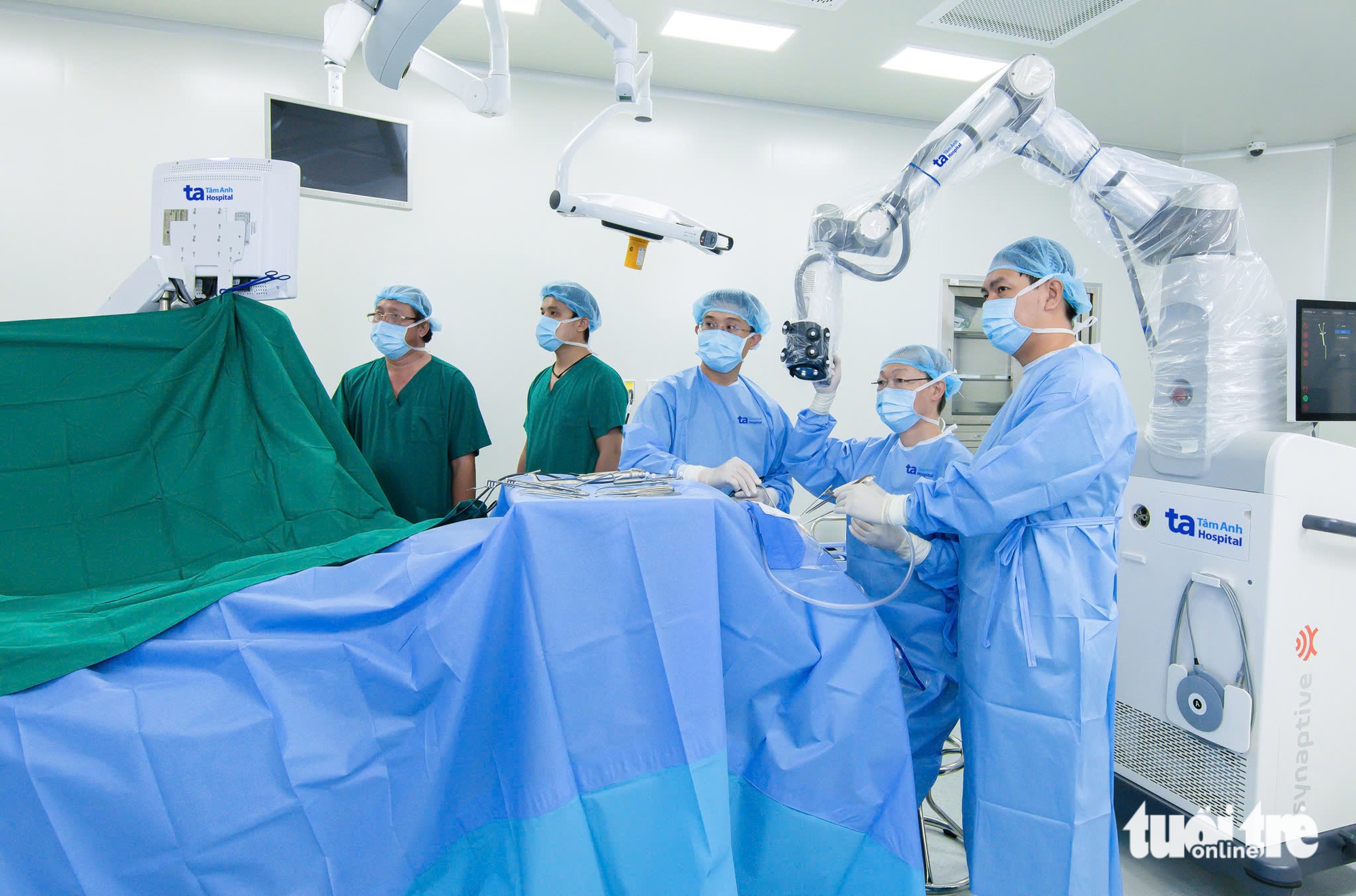

Comment (0)